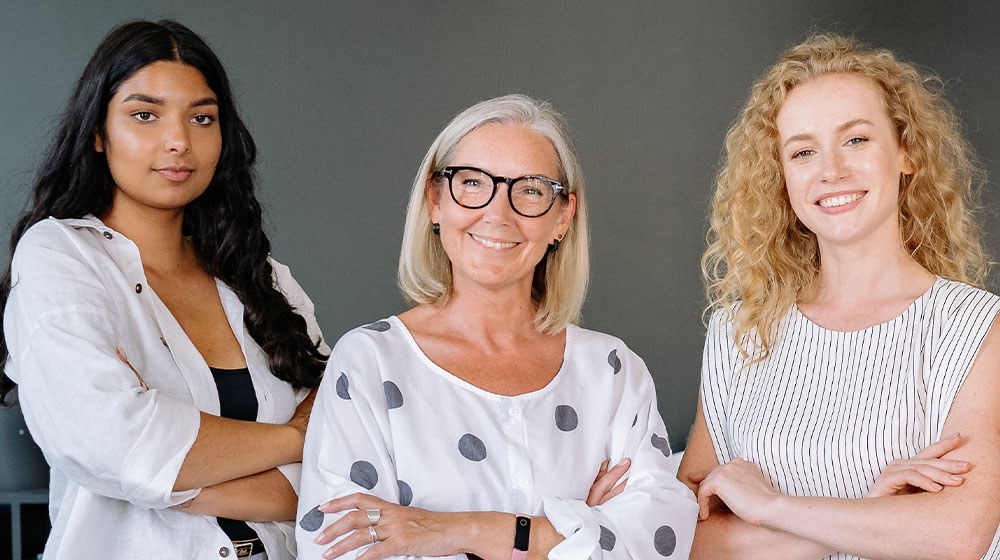Founder vesting: Your startup's safety net
Last updated: 1 October 2024. We’ve all heard that most startups don’t make it in the long run, but the real question is, why not? Running out of...
Manage your equity and shareholders
Share schemes & options
Equity management
Migrate to Vestd
Company valuations
Fundraising
Launch funds, evalute deals & invest
Special Purpose Vehicles (SPV)
Manage your portfolio
Model future scenarios
Powerful tools and five-star support
Employee share schemes
Predictable pricing and no hidden charges
For startups
For scaleups & SMEs
For larger companies
Ideas, insight and tools to help you grow

PRESS RELEASE
Vestd, the UK’s most advanced share scheme company has seen a significant upswing in equity agreements between company founders.
Vestd has seen a seismic jump in the number of company founders establishing ‘co-founder prenups’.
We introduced co-founder prenups (essentially the business version of the better-known marital agreements) in 2021 and have seen take-up rise by 500% over the course of the last year.
Vestd’s founder and CEO Ifty Nasir, stated that, “we’ve had consistent and steady interest in the co-founder prenup plans since we launched them, but in October of last year, we saw a huge spike in numbers.”
Co-founder prenups are formal agreements that govern the release of equity in a proportionate and fair manner, when certain goals and milestones are reached.
“Too many people jump into business with a co-founder and don’t tie future rewards to performance, delivery or milestones (like length of time with a company)."
"This initial optimism can cause intense problems down the line, especially as the business develops monetary value. A handshake really isn’t enough.”
“There’s definitely a trend towards more formalised agreements. Aside from the expected post-Christmas dip, we’ve seen an overall upward trajectory and actually, we’ve seen more sign-ups in Q1 of this year than we did throughout the whole of 2022.”
Noam Wasserman, the author of The Founder's Dilemma, states that 65% of startups fail due to co-founder conflict.
Even those that are successful see ‘business divorces’ occur with alarming frequency. Venture Capital firm Icehouse recently reported for example, that 35% of the startups that they’ve funded have seen a founder depart.
Similarly, an estimated 20% of startups fail in the first 9-12 months of entering the Y Combinator accelerator programme because of founder issues.
Additionally, a recent study by the University of Pennsylvania showed that a two-person team is nearly twice as likely to dissolve their business as a solo entrepreneur.
“When the stakes are high, people can fall out” said Nasir, “so it has always made perfect sense to us, given this business truism, that founders should protect their futures with fair agreements from the start”.
“And in any case, by linking future rewards to performance - for example ‘you’ll get 40% of future profits if you grow our international sales by X%’ - you’ll be motivating your co-founder to smash their end of the bargain.”
Giancarlo Erra, founder of Words.tel built his team of eight co-founders using conditional equity in this way. He said that the arrangement “motivated everybody to work - you're all in it together and if things go well, they go well for everyone.”
Ben Bennett, the co-founder of Second Voice Pro agrees, stating that,
If you're incentivised and everyone's going in that same direction, it makes a huge difference to behaviours, motivations, and ultimately the outcomes. From a selfish perspective, the business is succeeding because everybody gets to win.
When the economy shows signs of instability, businesses become risk-averse. In the financial world, this is known as the ‘flight-to-safety’ effect but the impacts can be seen at an individual level too.
During times of economic downturn, for example, people will save more and seek to reduce their exposure to future financial stress.
Vestd’s spike in prenup plans coincided with a period of enormous financial insecurity for the UK.
On top of the ‘cost of living crisis’, the second half of 2022 also saw Boris Johnson formally leave office and the Queen - a symbol of national constancy - pass away. All of these events added to the atmosphere of crisis that enveloped the UK in the latter half of 2022.
Further afield, Elon Musk’s Twitter drama continued to dominate the business titles as he reneged on his deal to buy the social media colossus. The saga was a clear demonstration of the importance of having clear and binding agreements in place.
“I certainly think that all of the above factors drove the Q3 uptick,” said Nasir. “People are certainly becoming more aware of getting their ducks in a row, and any time of crisis or negativity will see an increase in people getting everything in order.”
For press resources, including videos, images and case studies, please contact jemma@vestd.com.

Last updated: 1 October 2024. We’ve all heard that most startups don’t make it in the long run, but the real question is, why not? Running out of...

Last updated: 5 August 2024. Co-founder conflict can be fatal - to startup success that is. As our founder and CEO, Ifty Nasir told Sifted:

Last updated: 5 August 2024. Co-founder disputes are among the most common causes of early-stage startup failure, so your choice here is among the...